
Consensus Search - Scholarly Insights Engine
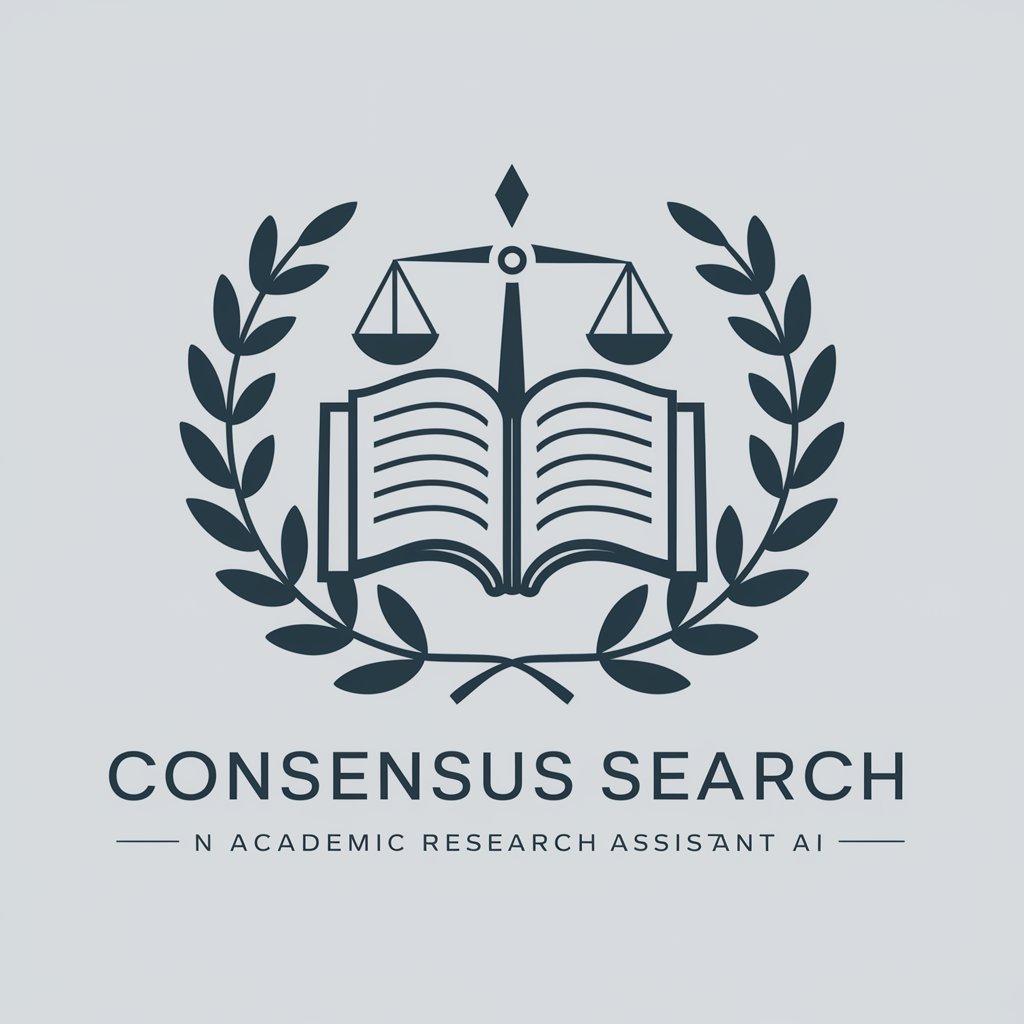
Welcome to Consensus Search, your academic research assistant.
Unlock academic consensus with AI.
Analyze the consensus on the impact of climate change on marine biodiversity...
Summarize the differing viewpoints on the effectiveness of remote learning in higher education...
Compare the various theories on the causes of the Roman Empire's decline...
Evaluate the evidence supporting the role of gut microbiota in human health...
Get Embed Code
Introduction to Consensus Search
Consensus Search is designed as an advanced academic research tool aimed at identifying and synthesizing the wide range of viewpoints and data available in scholarly debates. Its primary goal is to navigate through diverse academic opinions, research findings, and theoretical frameworks to find consensus or to present a balanced overview of existing discourse. The system is structured to prioritize peer-reviewed sources, credible research, and authoritative databases, ensuring the reliability of the information provided. It is particularly adept at handling complex subjects where there are multiple perspectives or no clear consensus, such as in the fields of climate science, economics, and social sciences. An example scenario illustrating its use could be a researcher looking into the effectiveness of different teaching methods in primary education. Consensus Search would collate data from various studies, reviews, and meta-analyses, offering a comprehensive overview that highlights areas of agreement and contention among educational theorists and practitioners. Powered by ChatGPT-4o。

Main Functions of Consensus Search
Synthesis of Scholarly Opinions
Example
Compiling perspectives on climate change mitigation strategies.
Scenario
A policy maker explores various approaches to reduce carbon emissions. Consensus Search gathers and synthesizes research from environmental science journals, policy analysis, and case studies, presenting a balanced view of the efficacy and feasibility of different strategies.
Identification of Research Gaps
Example
Highlighting under-researched areas in neurodegenerative disease treatment.
Scenario
A medical researcher seeks to identify novel avenues for Alzheimer's disease treatment. Through Consensus Search, they find a comprehensive summary of current treatments, ongoing trials, and a highlighted section on areas lacking sufficient research, guiding future studies.
Balanced Overview of Debates
Example
Analyzing economic theories behind universal basic income.
Scenario
An economics student is writing a thesis on the potential impacts of universal basic income. Consensus Search provides an analysis of various economic models, empirical studies, and theoretical debates on the subject, offering a nuanced view of the arguments for and against its implementation.
Ideal Users of Consensus Search Services
Academic Researchers
Individuals engaged in scholarly research who require access to comprehensive, balanced overviews of existing literature, identification of research gaps, and synthesis of complex debates. They benefit from the ability to access a broad spectrum of peer-reviewed literature and data to inform their studies, hypotheses, and literature reviews.
Policy Makers and Government Officials
These users require well-researched, authoritative information to make informed decisions on policies and initiatives. Consensus Search aids them by summarizing relevant academic and scientific evidence, offering insights into the effectiveness, risks, and public opinion on various policy options.
Educators and Students
This group benefits from using Consensus Search to enhance their understanding of subjects, to integrate a variety of scholarly opinions into their curriculum, and to support critical thinking and research skills among students by exposing them to multiple perspectives on a given topic.

How to Use Consensus Search
Start Free Trial
Begin by visiting yeschat.ai to access a free trial of Consensus Search without the need for login or subscribing to ChatGPT Plus.
Identify Your Question
Clearly define the academic or scholarly question you wish to explore. This helps in refining search queries for more accurate results.
Input Your Query
Enter your detailed question into the Consensus Search query box. Use specific terms related to your research topic for best outcomes.
Analyze the Results
Review the generated responses, which include varied academic opinions and data. Pay attention to the sources cited for further reading.
Refine Your Search
If necessary, refine your query based on the results obtained. Narrowing down your question or using different terminology can yield more precise answers.
Try other advanced and practical GPTs
Image Search
AI-powered precision in image finding

Deep analysis
Empowering insights with AI analysis

Deep Programmer
Empowering Your Code, Effortlessly.
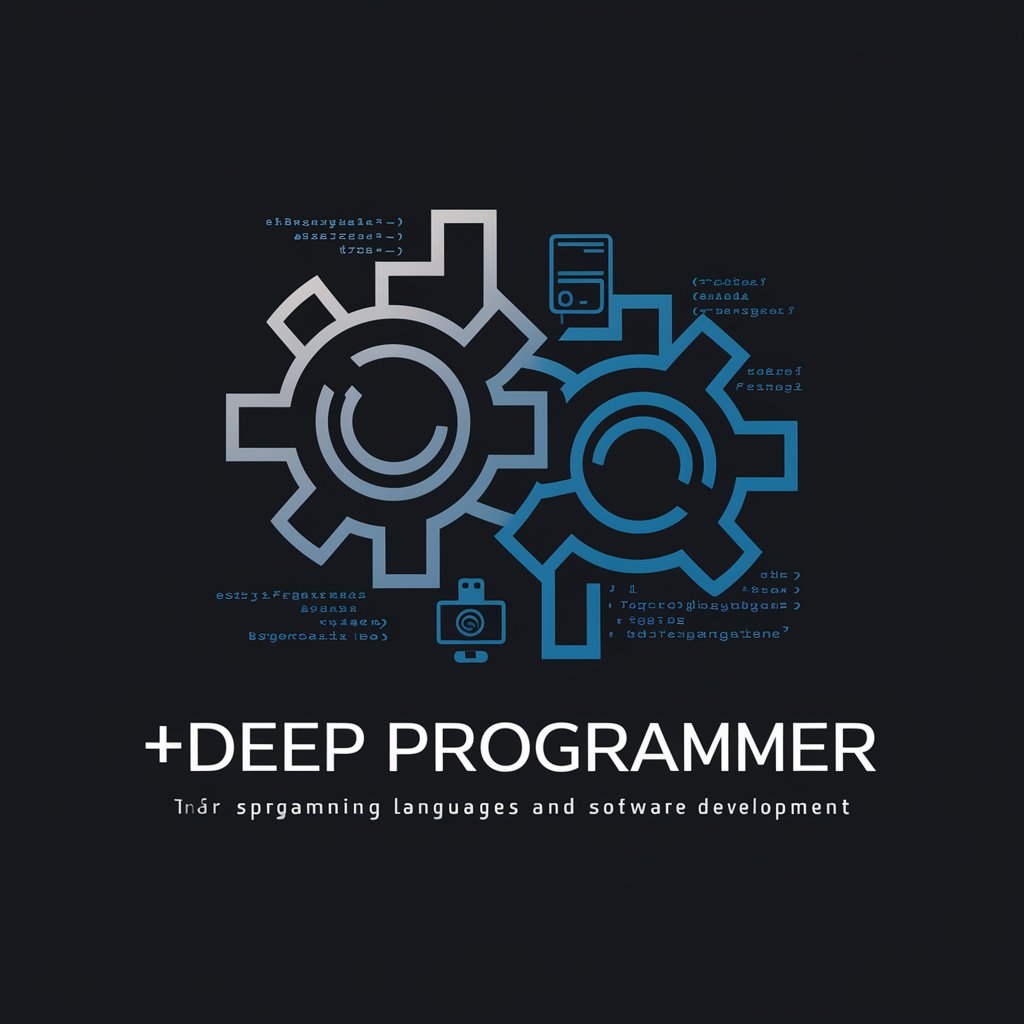
Deep Read
Unraveling Texts with AI Precision
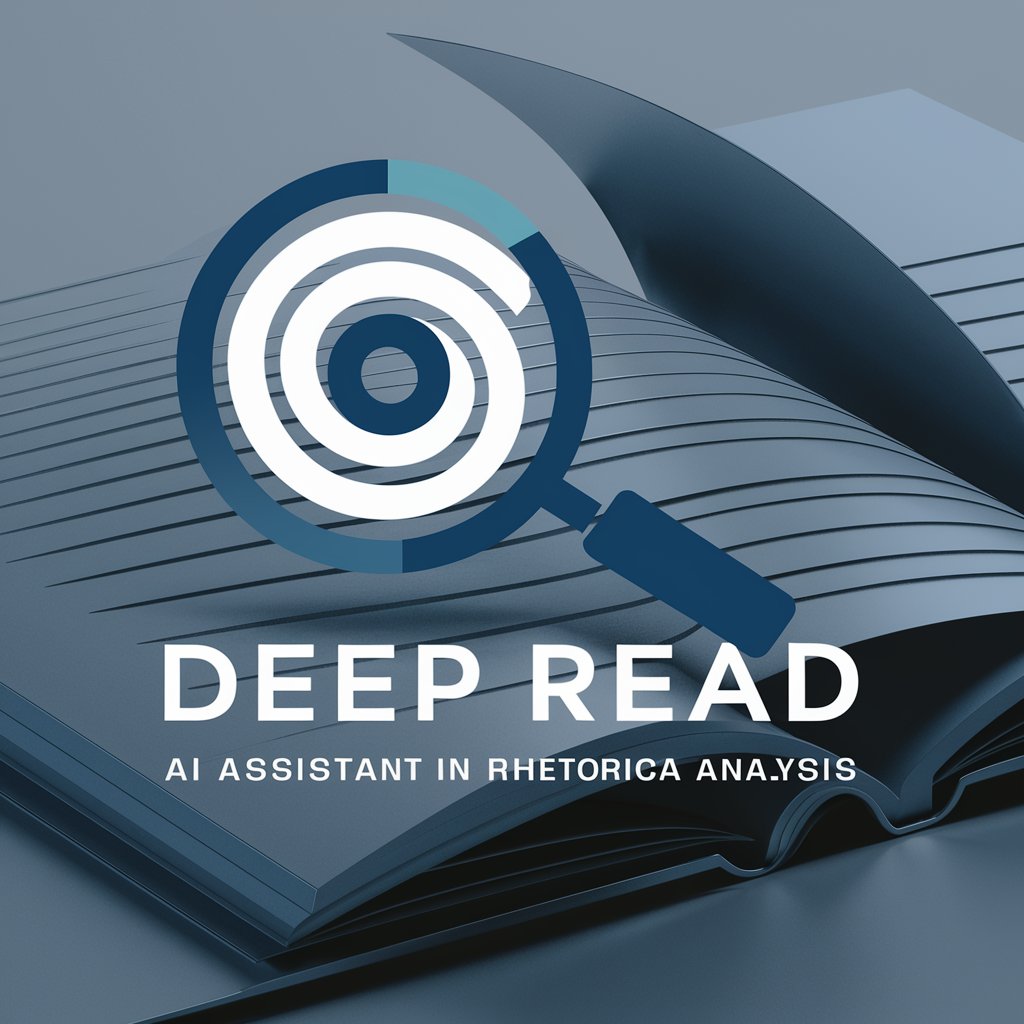
Coder
Elevate Your Coding with AI
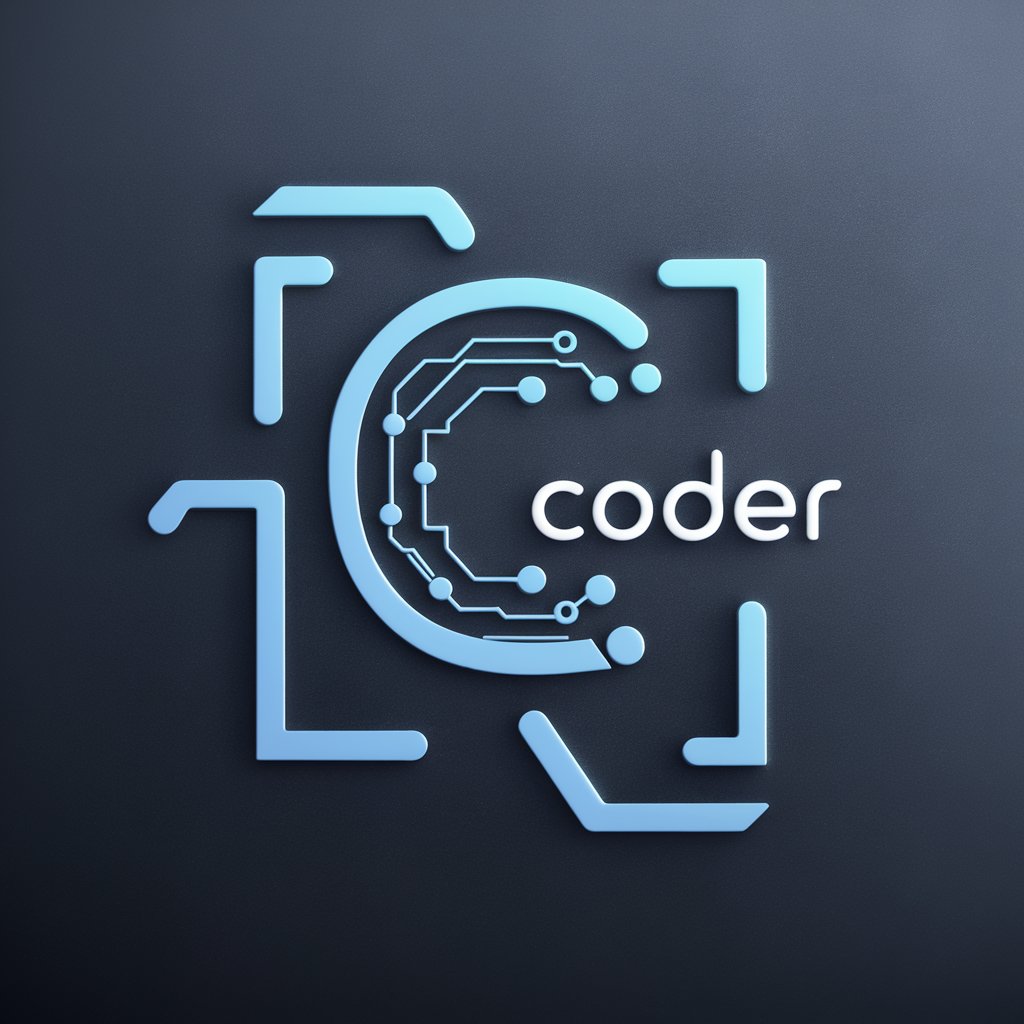
Coder
Elevate Your Coding Journey with AI
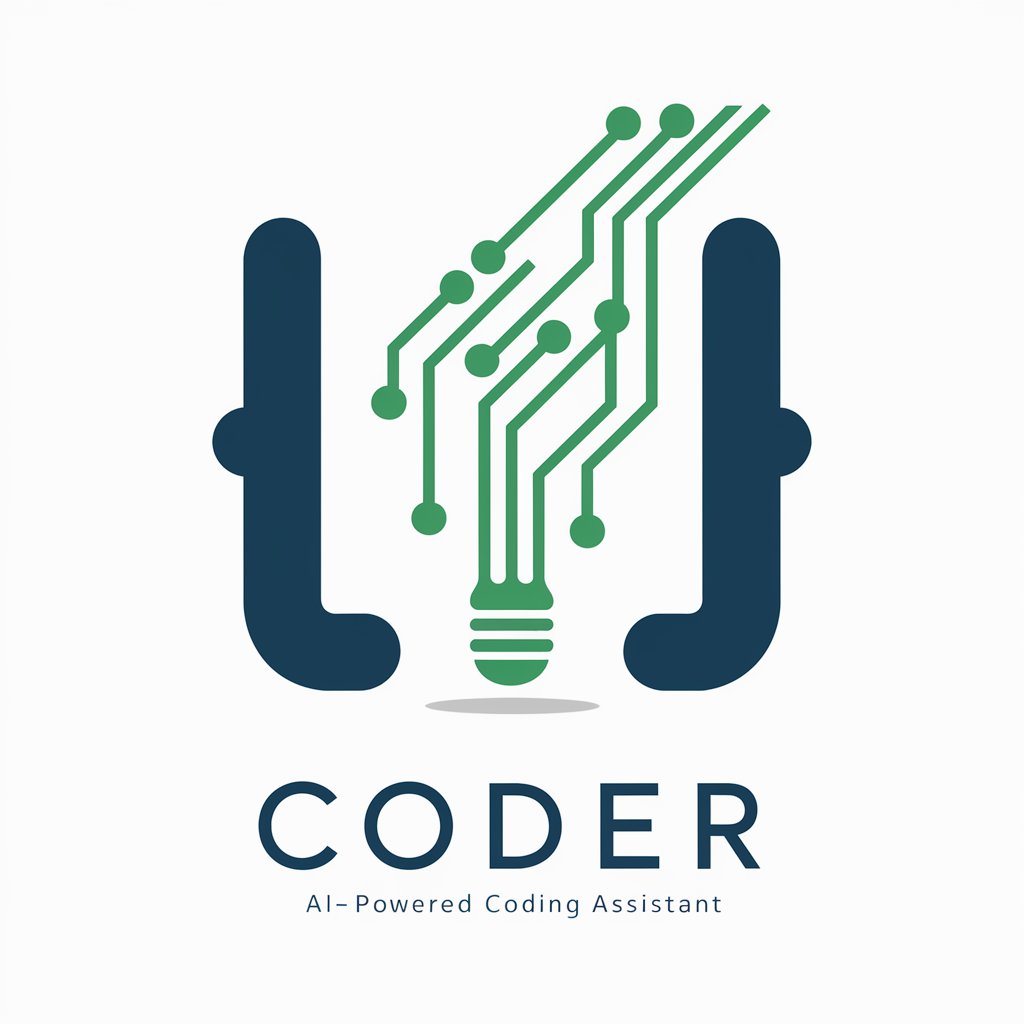
Gooogle Search
Unlock Knowledge with AI

SUPER
Elevate your code with AI-powered guidance.

Super Describer
Bringing Images to Words with AI

Create Your PPT Presentations
Crafting Scientific Presentations with AI

PPT Smart Slides Creator
Transform ideas into professional slides effortlessly.

PRD Expert
AI-powered PRD Creation Simplified

Consensus Search Q&A
What is Consensus Search designed for?
Consensus Search is designed to assist users in navigating through scholarly debates, providing balanced, academic opinions and data from a wide range of credible sources.
Can Consensus Search replace academic research?
While Consensus Search provides a comprehensive overview of diverse academic viewpoints, it's intended to complement traditional research methods, not replace them.
How does Consensus Search handle conflicting information?
Consensus Search aims to present a balanced view by showcasing various academic perspectives on a topic, allowing users to make informed decisions based on a spectrum of scholarly opinions.
Is Consensus Search suitable for all academic fields?
Yes, Consensus Search is designed to cover a broad range of academic disciplines, from humanities and social sciences to STEM fields, by tapping into a vast database of peer-reviewed sources.
How often is the information within Consensus Search updated?
Consensus Search continually updates its database to include the latest scholarly articles and research findings, ensuring users have access to the most current information.